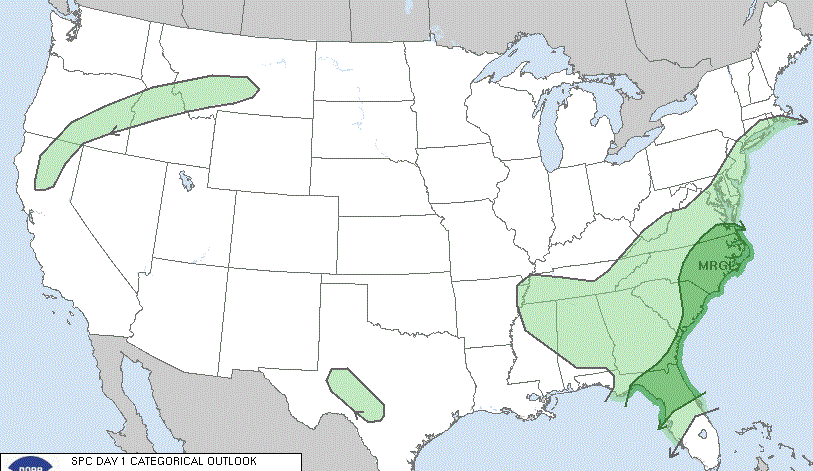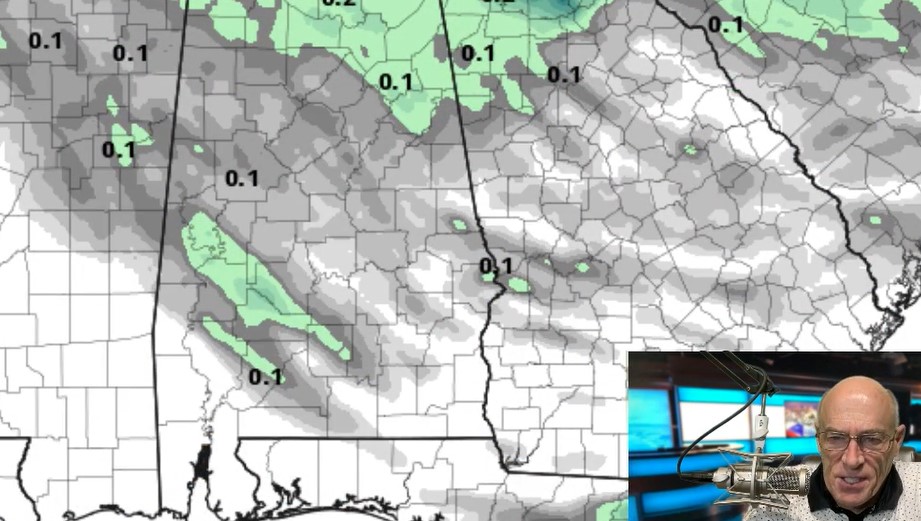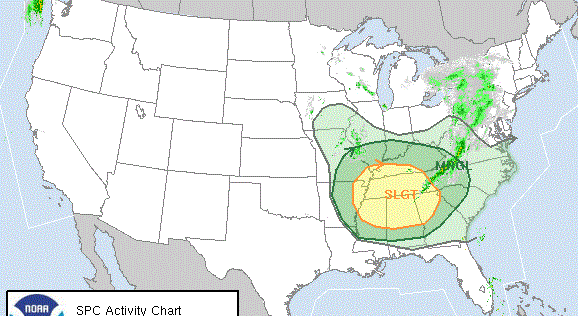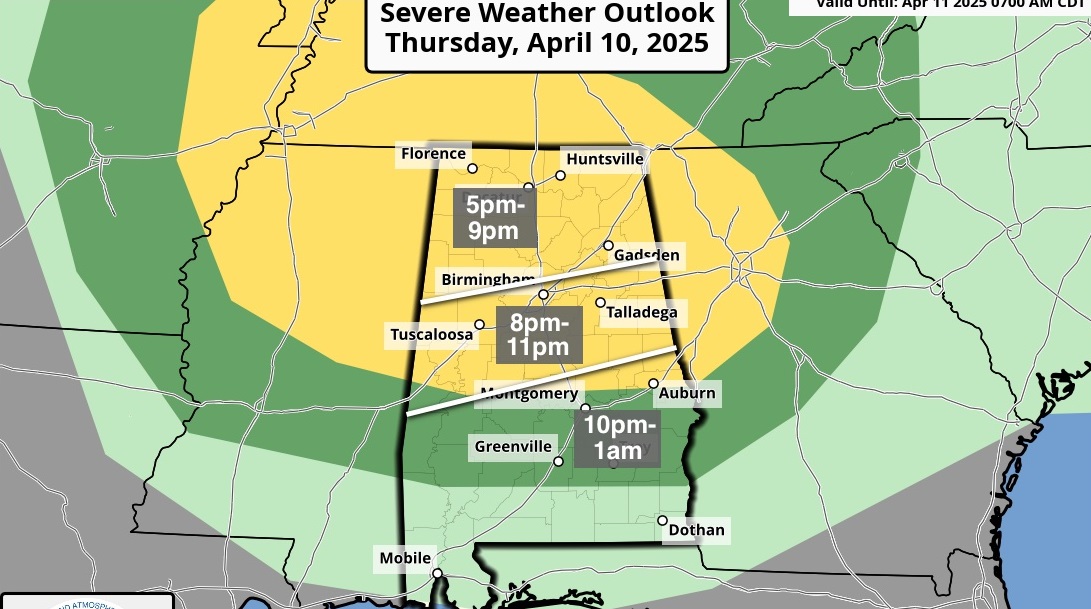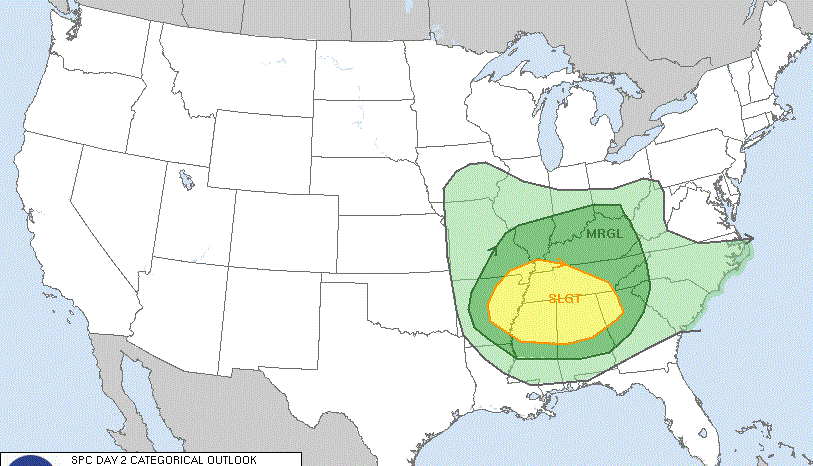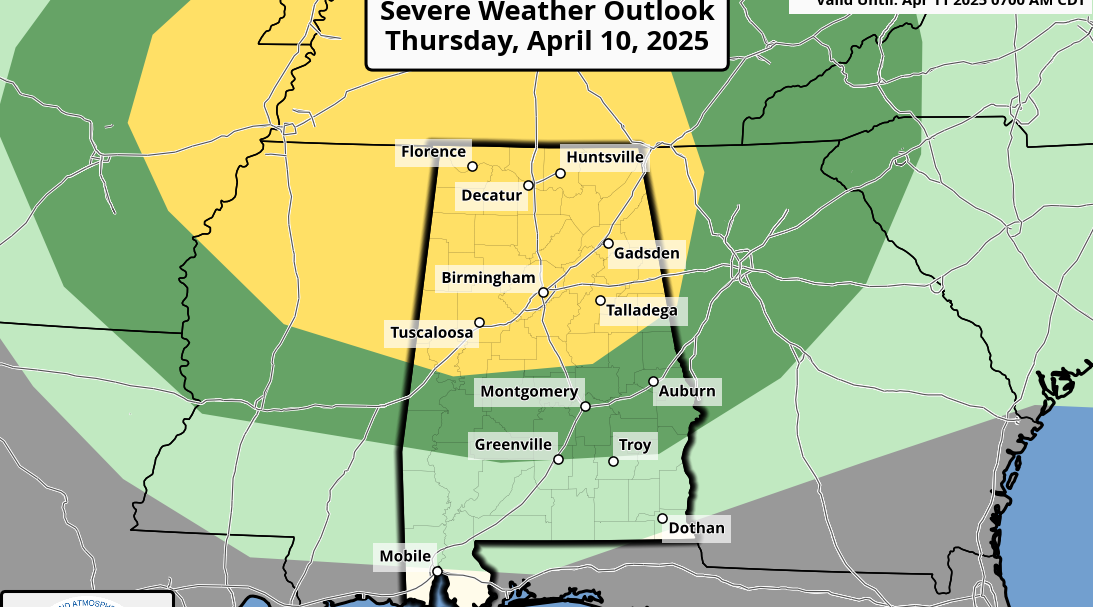April was a busy month for Alabama Power crews
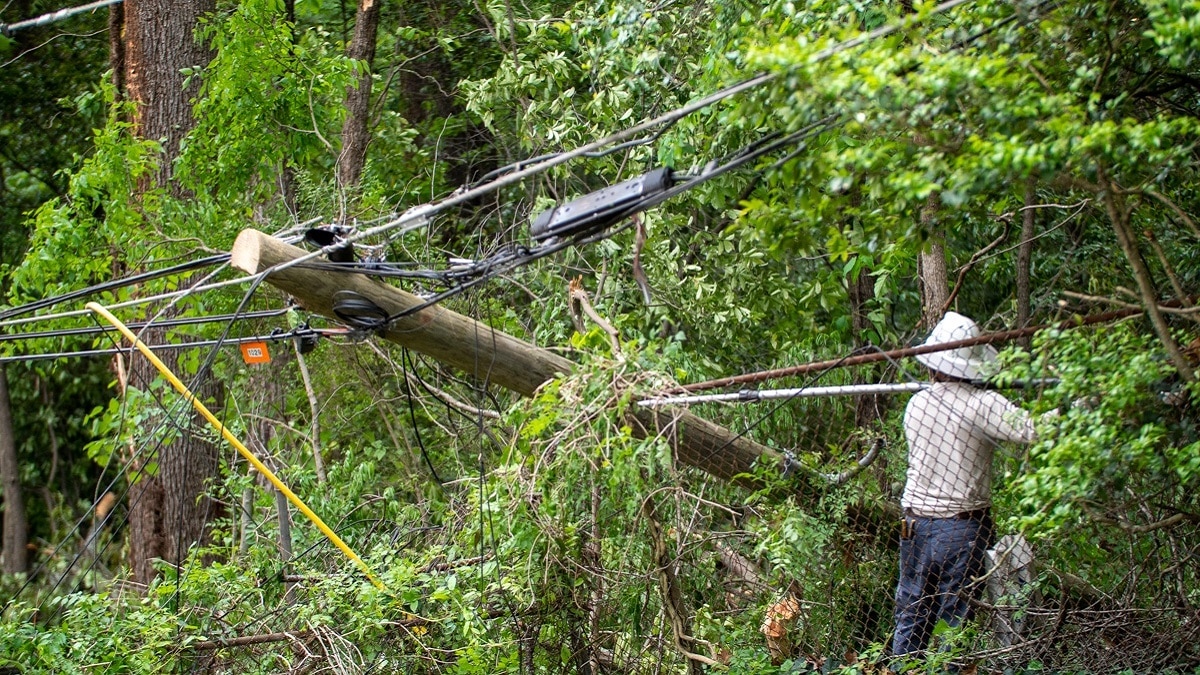
An Alabama Power lineman works to restore electric service in Birmingham following severe storms on Easter, which produced 24 tornadoes. (Dennis Washington/Alabama NewsCenter)
Alabamians know about severe April weather. And this year, the fourth month on the calendar didn’t stray from its stormy history.
Three back-to-back weather events this April caused significant damage across the state. They also kept Alabama Power crews and support personnel on their toes.
The worst event hit on Easter, when at least 24 tornadoes touched down across the state amid several waves of heavy rain and wind. Among the locations served by Alabama Power that suffered significant damage was Blount County, where four tornadoes touched down, including an EF2 twister – with winds of at least 111 mph – near Oneonta.
It was the nation’s deadliest tornado outbreak in six years, with at least 60 tornadoes reported over Easter weekend and the following days in multiple states. At least 34 deaths, from Texas to the Carolinas, have been attributed to the storms.
More than 312,000 Alabama Power customers were affected by he Easter storms -– the 12th worst storm in the company’s 114-year history based on the number of outages. Alabama Power crews moved in as soon as it was safe and brought in nearly 900 experienced personnel from a half-dozen states to help. Within 20 hours, crews had restored power to more than a quarter-million customers. All customers who could take service had their lights on within 72 hours.
Damage was extensive to Alabama Power’s system. By the time crews completed their work, they had replaced 678 poles, more than 300 transformers and nearly 2,500 spans of downed power line.
Just a week later, another barrage of Sunday and Monday storms affected nearly 100,000 Alabama Power customers. All customers who could take service, even in the hardest-hit areas, had service restored within 48 hours.
The following Thursday, yet another round of severe storms battered the state, triggering outages that affected 85,000 Alabama Power customers. Jacksonville and Clanton were among the hardest-hit areas in Alabama Power’s service territory. With the ground sodden from the earlier storms, high winds toppled trees, bringing down even more power lines. All customers who could take service were restored by the following day.
There’s a long history of deadly storms and tornadoes striking the state in April. The most devastating in many Alabamians’ memory is the April 27, 2011, tornado outbreak. In all, 62 tornadoes strafed the state that day, just shy of the average 65 tornadoes that typically strike Alabama during an entire year. More than 240 people lost their lives in Alabama during the April 27, 2011, disaster.
Significant, deadly tornado outbreaks in Alabama during April also have been recorded in 1998, 1974, 1932 and 1920.
While April weather can understandably put locals on alert, Alabamians should always be ready in a state where severe weather can happen year-round and range from tornadoes to straight-line winds, thunderstorms to lightning, ice and hailstorms to hurricanes.
Here are some basics from the National Weather Service to ensure your home and family are prepared for severe weather:
- Stay informed. Check weather forecasts regularly, through your local news or by using a NOAA weather radio.
- Have a plan. Be sure you and your loved ones have an emergency weather plan that includes a meeting place when severe weather threatens. The meeting place should be a safe room, such as a basement, storm cellar or an interior room with no windows on the lowest floor. Practice your plan so everyone in the household knows what to do and where to go. Learn more at https://www.ready.gov/plan.
- Have supplies ready. Make sure you have what you need to survive at least 72 hours following a major weather event. Key components of an emergency kit include flashlights, water, nonperishable food, batteries and a hand-cranked or battery-powered weather radio. Be sure to charge up cellphones ahead of time, in case the power goes out. Learn more at https://www.ready.gov/kit.
- Prepare your home. If severe weather is in the forecast and you have time, close windows and doors and make sure loose objects outdoors are secured. Keep trees trimmed near your home.
For more information about how to be prepared for storms, in any season, please visit https://alabamanewscenter.com/storm-safety/.











